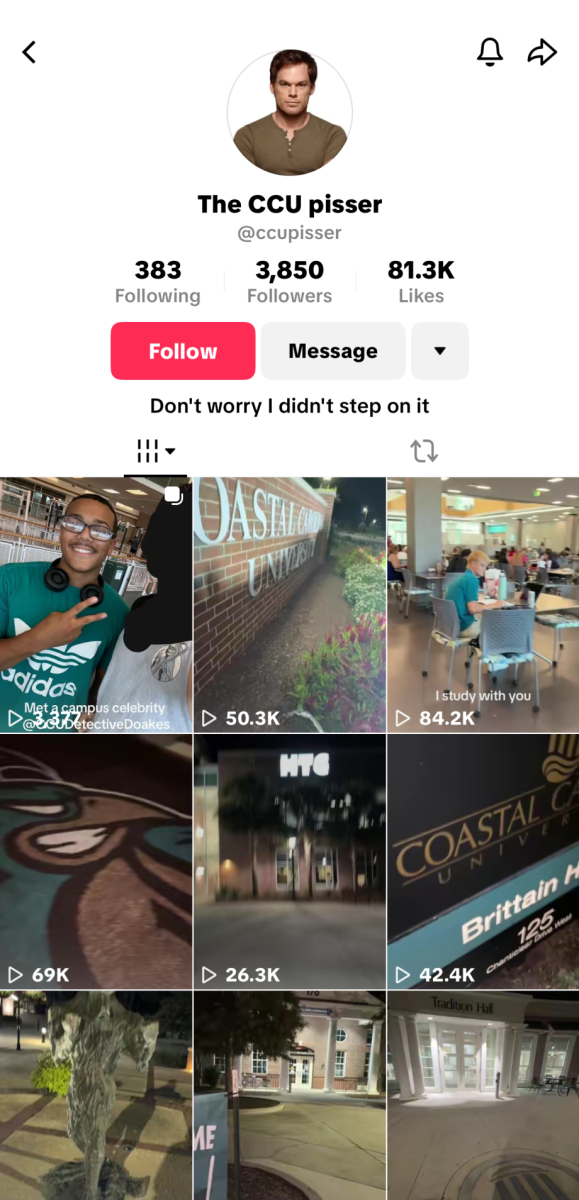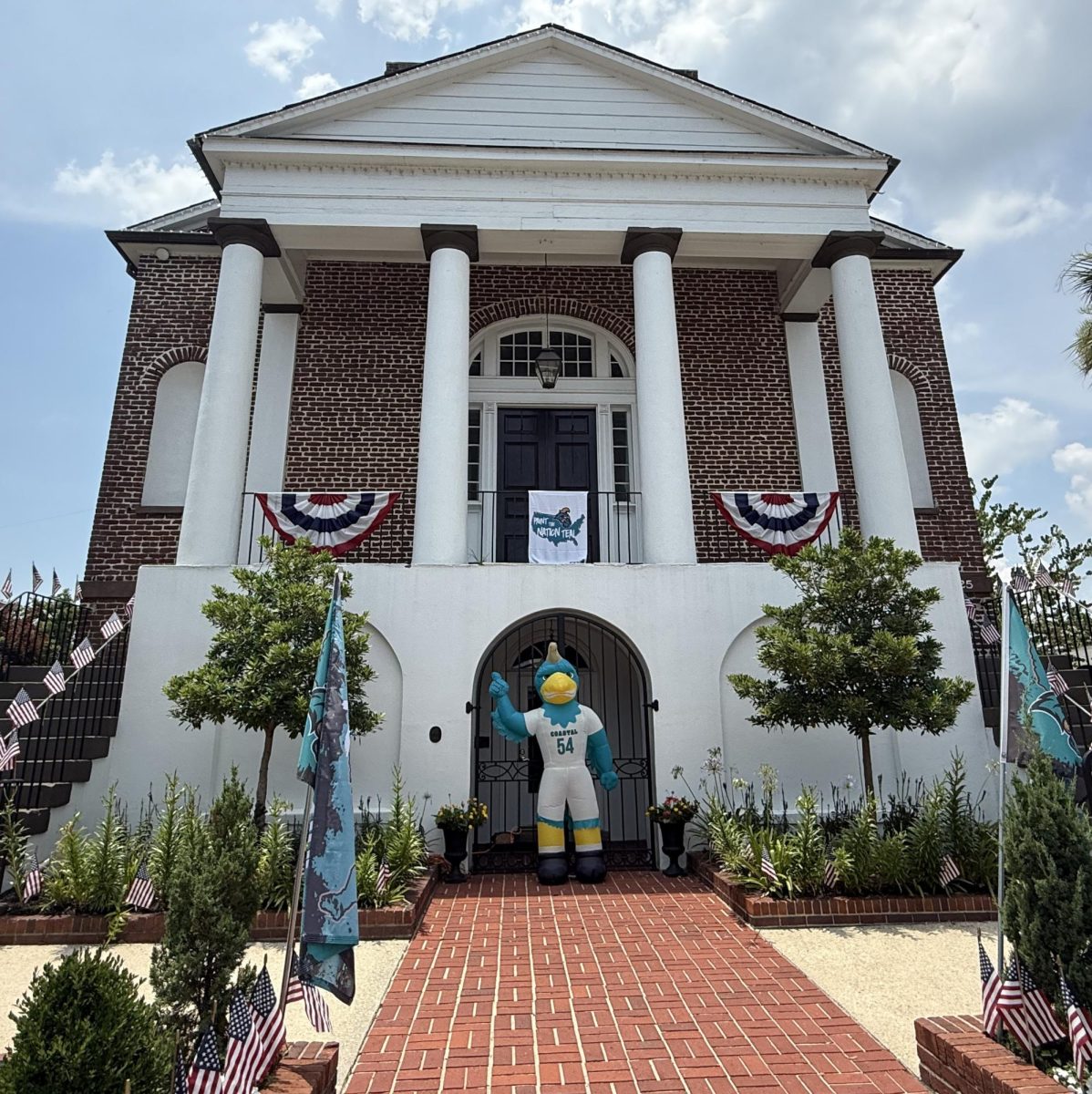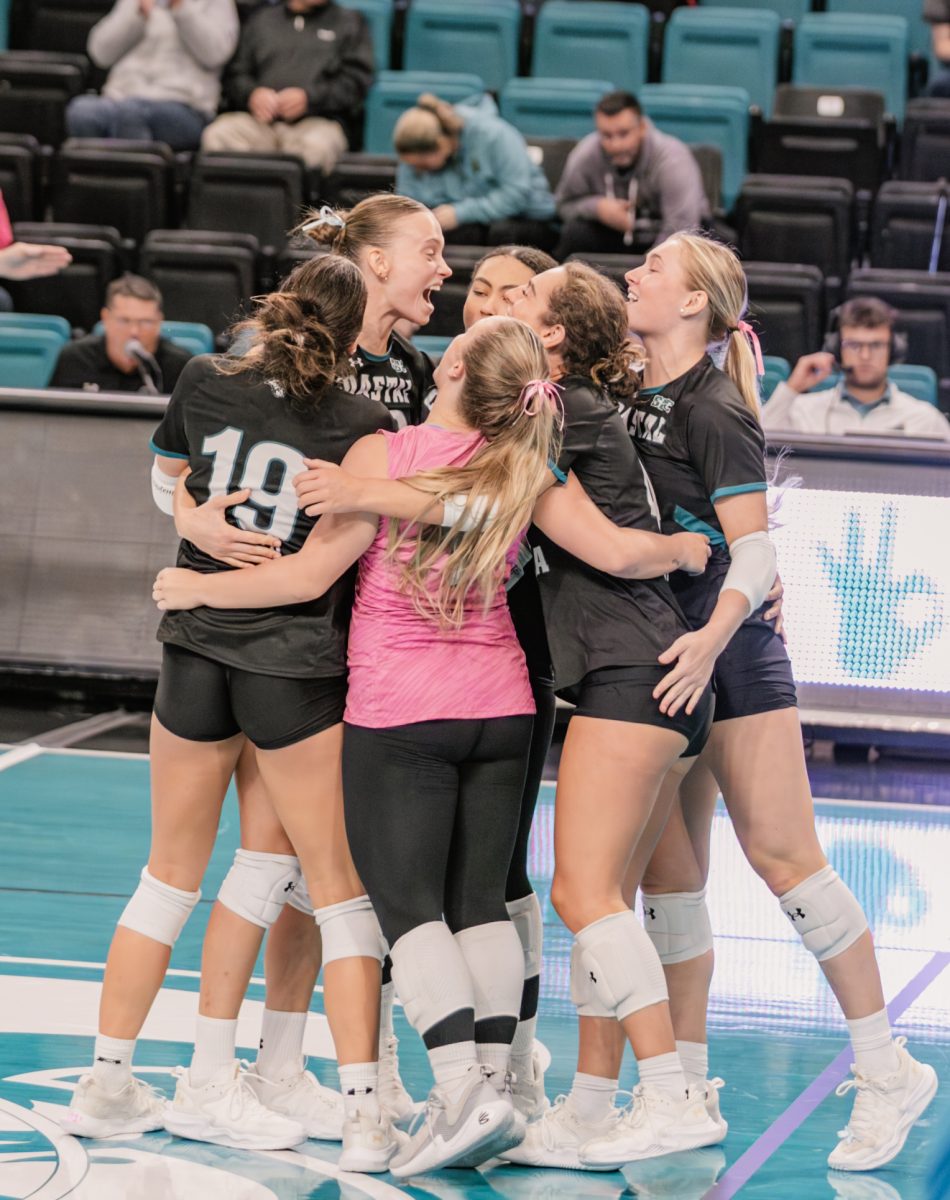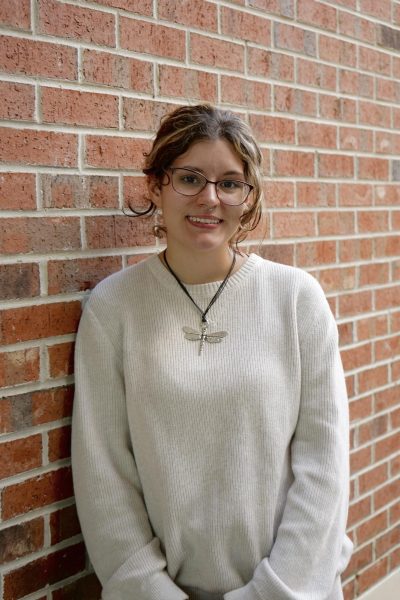Monday evening’s SGA meeting invited Mariel Pagán Smith, interim vice president for student affairs and assistant vice president for student engagement, to further respond to student concerns on the closure of the Intercultural and Inclusion Student Services (IISS) and how it was addressed. The meeting also served as a debrief of the university’s first Campus Conversation and a chance to answer students’ questions after the event.
Pagán Smith explained the context of the office closure as a response to executive orders, as well as federal and state laws targeting, as she quoted, “illegal DEI,” and how accepting or promoting such could result in punishment and removal of federal funding for education institutions.
“In seeing the way the administration was referring to DEI, we determined that [the office] could be seen as ‘illegal DEI,’ because we are giving to certain groups and not giving to all,” she said.
The IISS office provided funding for specific student-led organizations that followed IISS criteria, such as first gen chants and the black student association. As a result of the office closure, such groups now exist as general student-led organizations and must now request funding from SGA, rather than receiving it directly from the university.
Pagán Smith emphasized that securing staff previously employed with the IISS by reassigning them to appropriate areas within Student Affairs was a main priority, followed by reimagining areas of concern, rather than subtly abolishing them.
“We tried to find ways to remain in compliance with the way that the administration and the state were defining ‘illegal DEI,’ stay in compliance but try to find ways of making sure that students are connected, are supported and have access to resources so that they can continue to do the activities and programs that they used to do,” she said.
The Social Justice Club announced via an Instagram post that the IISS office had been shut down without a clear method of communication from leadership, publicly calling for transparency. The decision to hold off on an announcement regarding university changes has been met with negative reactions from the student body.
Further attempting to clear the air, Pagán Smith elaborated on how the change took place amidst the confusion of the current political climate and the inauguration of CCU President James Winebrake.
“At the point that we didn’t have a final answer by the end of the academic year, we held off on sharing any announcement until we could bring the new president on board,” she said. “Unfortunately, that happened during the summer. And so that has been seen and understood by students as being a lack of transparency, a lack of communication and in some ways devious.”
Pagán Smith stated this was not the university’s intention, but she can understand the student body’s interpretation.
“I can see that being a thing, and I regret that that’s how the information came out … but I hope by me sharing kind of how we got to this process leading up to where a decision was made, you know and understand this wasn’t something that was happening behind a closed door just in my office.”
Once the context behind the controversy was revealed, the floor opened to debrief on the Sept. 23 Campus Conversation, where students interacted directly with university leadership in an open forum. Specifically, faculty aims to listen to students’ questions and concerns regarding recent changes within the university.
Some students, like senior marketing major Deshawn Hughey, are concerned that leadership listening to their questions isn’t enough.
“Though it’s a lot of problems y’all can’t solve, I feel like if we’re just talking and nothing’s getting done, it’s like we’re just wasting our breath,” Hughey said. “It’s not a whole lot of support when you’re talking and it’s not actions being used. We students pay tuition not only to be educated, but to feel valued.”
Another student also questioned how the university will reassure students by holding itself accountable and responding to concerns sooner rather than later.
While Pagán Smith said the university launched the Campus Conversation forum with the hope that student voices will feel heard with direct interaction and updates, solutions may not always be immediate or what students anticipated.
“Sometimes it’s not that we’re not hearing you. It just doesn’t always mean that what you want is what’s going to happen,” Pagán Smith said. “What are things that we can be thinking about, doing, putting in places so that students feel comfortable, that students feel like there’s a safe place? That is definitely still an open question and not something that we had answered by the end of that conversation.”
The last Campus Conversation, according to Pagán Smith, was a first step to address these changes and answer specific questions of concern. Now that there is a baseline established, she plans for the next meeting on Oct. 20 to dive deeper into finding solutions.
As a student who highly valued their work, Hughey shared the importance of the IISS office to him, as well as his disappointment in the closure decision.
“IISS was a safe haven to express myself without a mask. With that, it became a place where I could be myself. I had the same comfort level there as I do with my parents,” he said. “The school doesn’t take into account how anyone feels, only how they feel.”
Hughey’s suggested staff attending student-led meetings and simply listening in on their conversations could provide new perspectives for those running the university.
While conversations and solutions are in progress, SGA President Lyndsey Gilbert emphasized her message to the SGA senate to reach out when in need of a safe space, to continue advocating and to work together to provide student needs.
“Like [Pagán Smith] said, we’re not going to get all the things that we want. I don’t know the answer to that, truly,” she said. “But what we can do, is we can get creative. We can search for solutions to put words into action.”






















